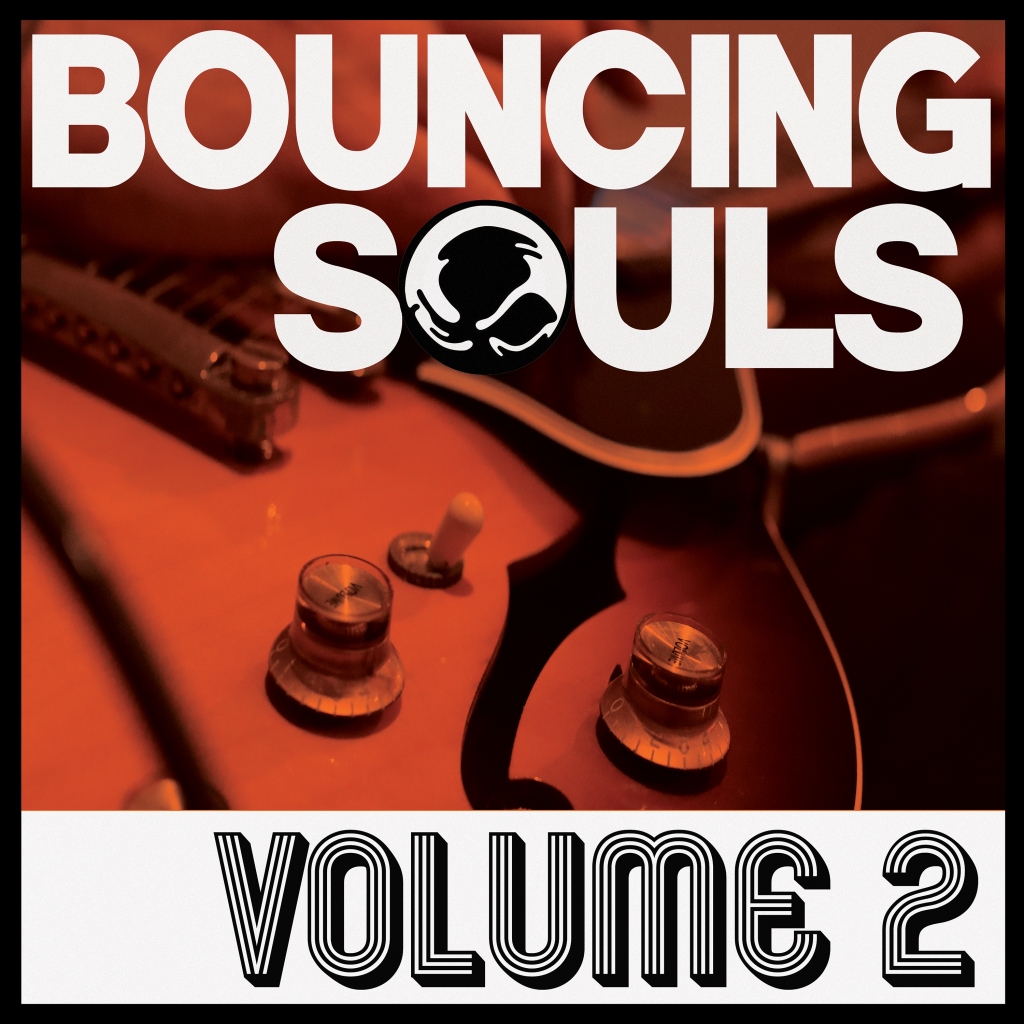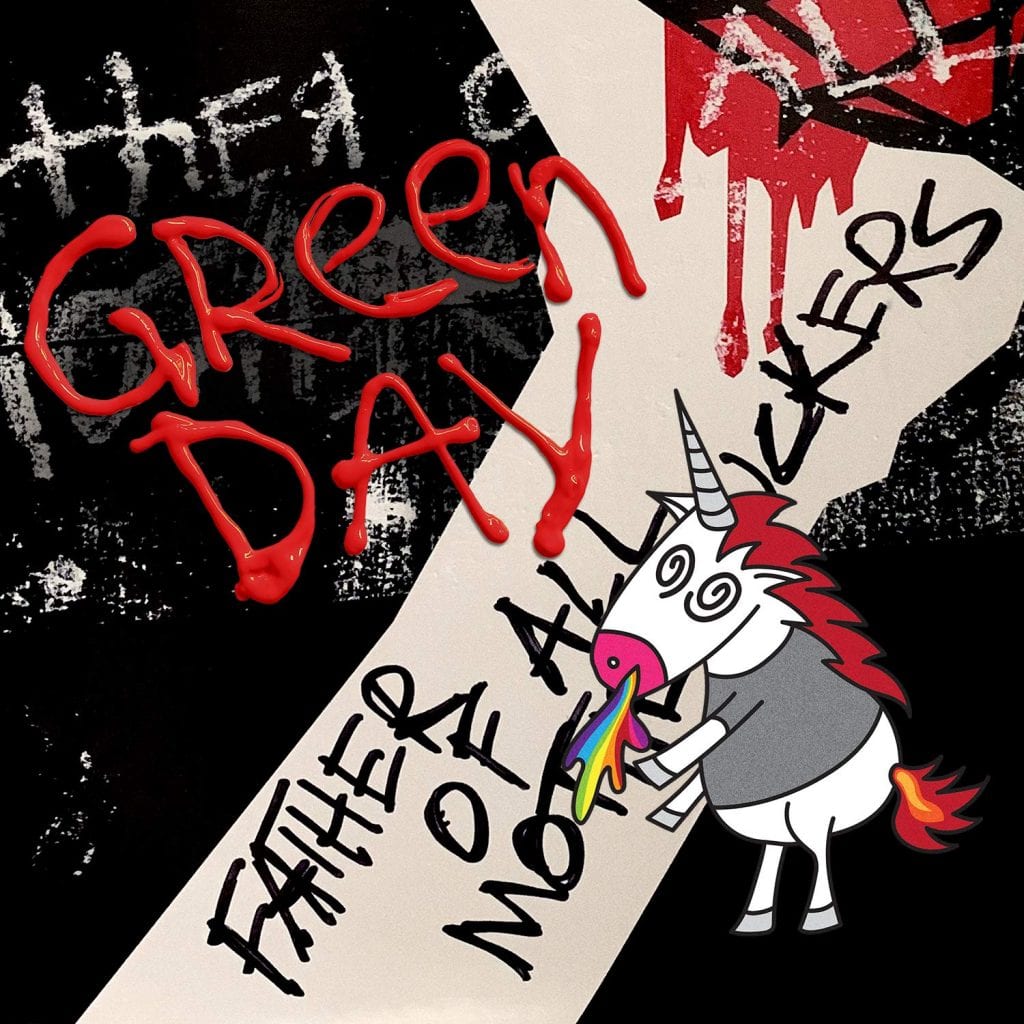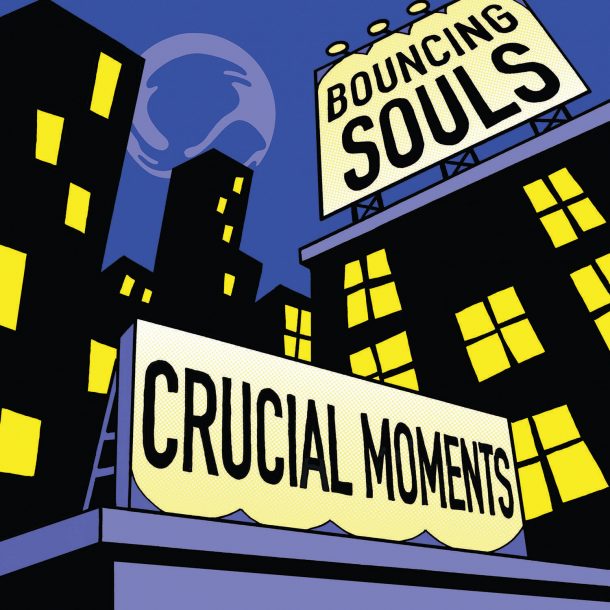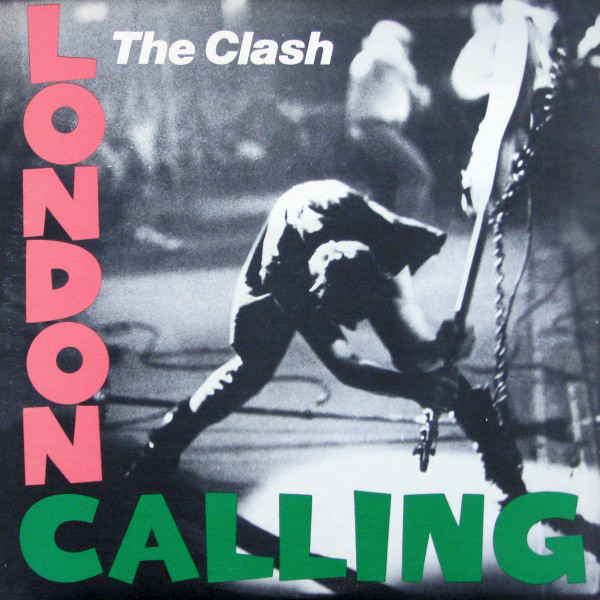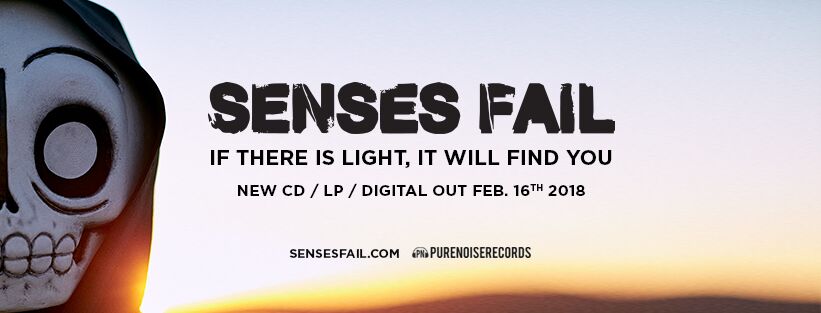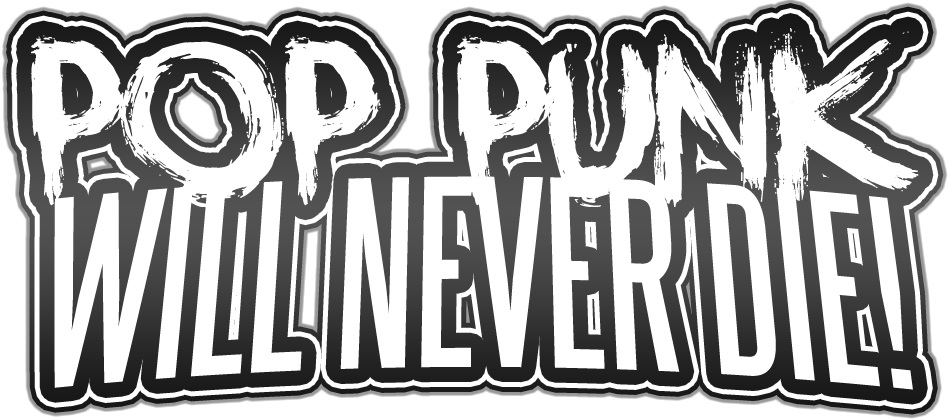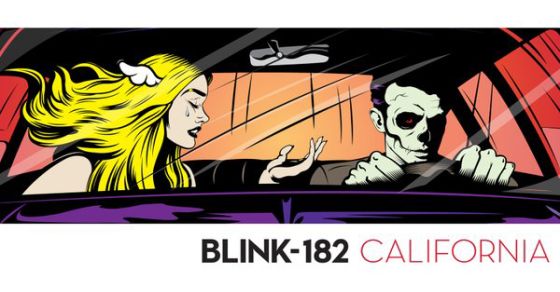“Don’t call it a comeback. Call it an evolution, a rebirth, a continuation after twelve years of absence.”
So said the review of this album on Punktastic. I’d rather call it a resurgence. Strange band, Samiam. They formed in 1988 with their first couple of albums being released on indie label New Red Archives. Then, after a single album on Atlantic (1994’s Clumsy), they signed to Hopeless, home of the disenfranchised. Stowaway, their first on Pure Noise Records, is the California quintet’s first album since 2011’s Trip. That’s 12 long years. Where have you been, guys? I don’t think they ever officially broke up, they’ve toured intermittently, sometimes with some big artists (Green Day and Blink 182 included), but they’ve hardly been prolific. I didn’t think they even had a website, but evidently they do.
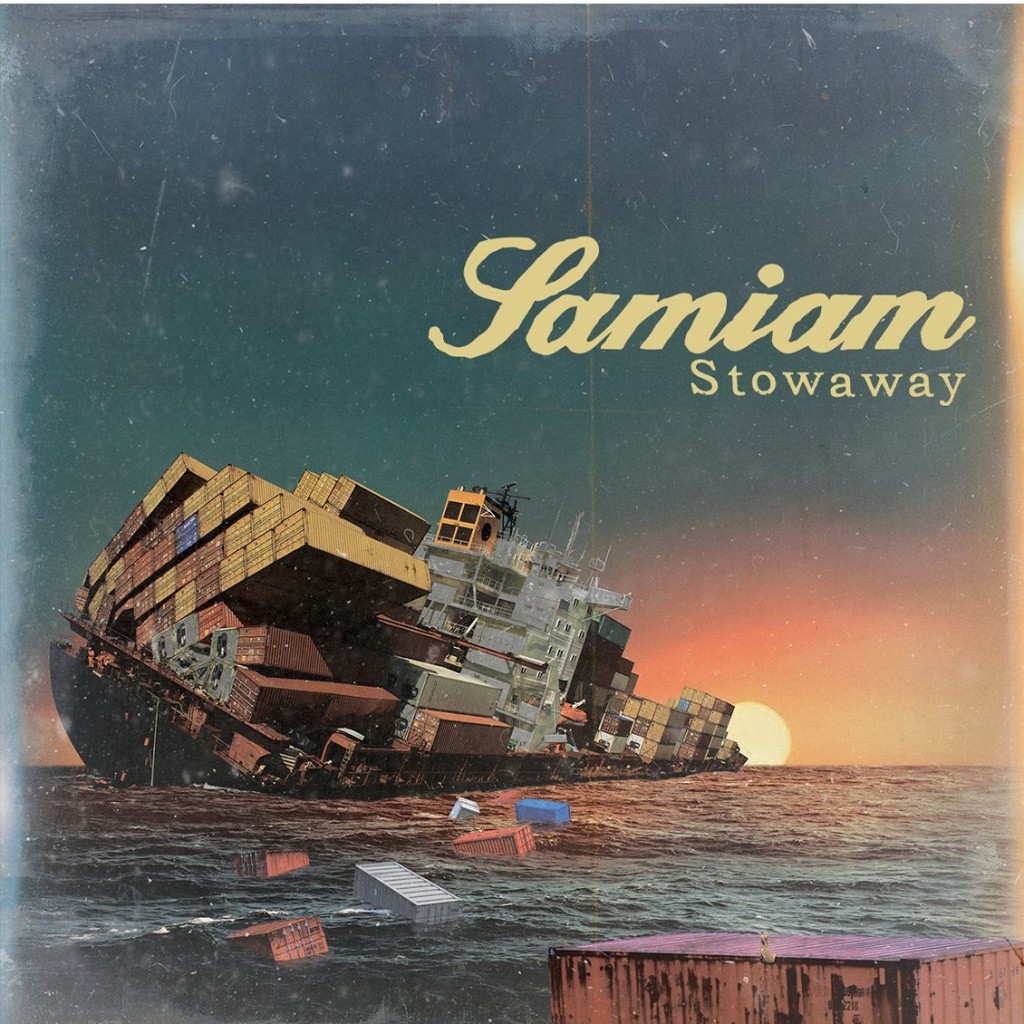
It requires something akin to a perfect storm for a band to become successful, especially given the fractured state of the music industry, and momentum is a key factor. Sadly, Samiam just never seemed to have any. They had everything else; songs, an identity, a following, talent, but they can’t seem to keep it together long enough to build up a head of steam. They are a bit like that old friend you have that spontaneously shows up every couple of years. You have a great night, then they go back underground and you don’t see them again for ages.
Anyway, here we are. If I had to describe the Samiam sound I’d go for a mash up between Smashing Pumpkins, Alkaline Trio, Deftones and maybe a touch of the Wonder Years. On Stowaway they race out of the blocks with Lake Speed, which segways neatly into lead single Chrystalized. All layered vocals, power chords, and soaring choruses, this is just about as perfect a track as you’ll ever hear. Listen to it. Just listen to it!
The pace doesn’t let up for Lights Out, Little Hustler, Shoulda Stayed and Shut Down. Samiam are at their best when they are being melodic, treading the thin line between thrashing about and staring at their shoes. Their music often has a kid of wistful, nostalgic feel, similar to latter-era Bouncing Souls, and it takes a couple of tracks before you remember how good this band were. Or are. A highlight for me is Monterey Canyon which is apparently about being an octopus, but don’t let that put you off. The second half of the album dips slightly but comes roaring back with Something, one of those that sticks in your head for days after a single listen. Guitarist Sean Kennerly said of the track: “The light perkiness of the music is belied by the heavy subject matter – searching for meaning and reason inside of everyday actions.”
Stowaway is closed out with the mid-tempo title track, which also happens to be the longest song on the record by some margin (though its still only 4:12). This just feels like an important album, one that I will probably forget about for a year, then rediscover one night and curse myself out for not paying it more attention to it. I only ever listen to MP3 and flac files these days but bizarrely, this album was practically crying out to be played on vinyl. Go on, treat yourself. I only hope we don’t have to wait another 12 years for a follow up.
